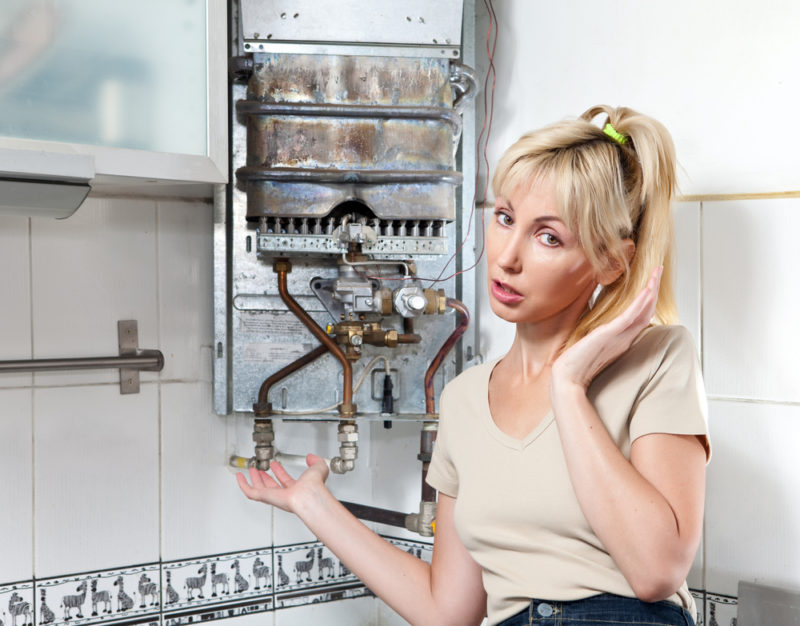Every person maintains their own unique thinking involving Maintaining & Draining a Water Heater.

Whether it lies in the cellar or a separate area, damaged water heaters can trigger anxiety. A common unit holds 80 gallons, so an over night leakage will certainly lead to a flood. This leads to major property damage with soaked walls and floors. Besides, having no hot water supply is also problematic. If you are handling these issues, keep in mind of the following:
Shut Down Source Of Power
Prior to calling the plumber, closed off a gas water heating system by transforming the temperature level dial. This will certainly protect against electrocution, specifically if there is a leakage as water is a conductor. Typically, the home heating component closes off when the water hits a particular temperature.
Cut Off the Cold Water Supply
Cut off the tanks faucet water supply from the source. This goes from your main water line right into the storage tank. When your tank remains in good condition, the cold water stops filling up when the container is full. Yet considering that it is leaking, the water will remain to flow. Close the shutoff located at the top of the heating unit. Revolve this clockwise to shut it off. If you can not find it or reach it, you have to switch off that primary water system line outside your building.
Call the Plumber
After doing the first two safety and security steps, you need to call your plumber to come right away to fix a burst water heating system. There are usually indications that your aging water heating system has sediment buildup in the inside.
Rather, as quickly as you find these signs, have actually an expert come to inspect your water heating system say thanks to. Commonly, water heating units have a life expectancy of regarding 8 to 12 years.
Tidy up Building
After calling the plumber, document damages by taking notes and also photos so you can assert your house owner's insurance policy. From there, start the prompt cleaning. Take out any type of crucial possessions to stop further saturating. Eliminate any standing water to avoid mold and also mildew growth. Use that to drain pipes the water if you have a submersible water pump. Or else, the traditional bucket approach will additionally work. Attempt to mop out every little thing, including walls and wall surfaces. Maintain them running to maintain air circulating if you have an electric fan as well as dehumidifier. This will assist deter mold and mildew development.
Bear in mind, if you see any kind of concerns with your water heating system, call the pros right away. You can not take this trouble gently because a defective thermostat can elevate water temp to a hazardously high degree, leading to accidental burns.
Whether it is located in the basement or a different area, damaged water heating units can cause tension. Before calling the plumber, closed off a gas water heating unit by turning the temperature level dial. After doing the first two safety and security steps, you must call your plumber to come right away to deal with a burst water heating unit. If you have a completely submersible water pump, use that to drain pipes the water. Remember, if you discover any type of concerns with your water heater, call the pros right away.
When You Should Turn off Your Water Heater
When the main water supply is shut off
There are many circumstances in which the main water supply is turned off. When this happens, many homeowners wonder if it’s safe to keep the water heater on of it should be shut down too.
In most cases, it may not be necessary to turn off the water heater, but it also won’t hurt, either. However, there are two reasons when you should turn off the unit to prevent too much pressure or heat from building up inside the tank:
When there’s a leak
If your water heater springs a leak due for a variety of reasons, including age or a valve malfunction, you should always turn off the unit and shut off the water supply until the issue is resolved.
https://www.libertyplumbingheatingandair.com/blog/when-you-should-turn-off-your-water-heater/

I ran across that blog posting about Water Heater Burst when perusing the search engines. Make sure you take the time to distribute this blog entry if you enjoyed it. Thank you for your time spent reading it.
For clarity, dial!